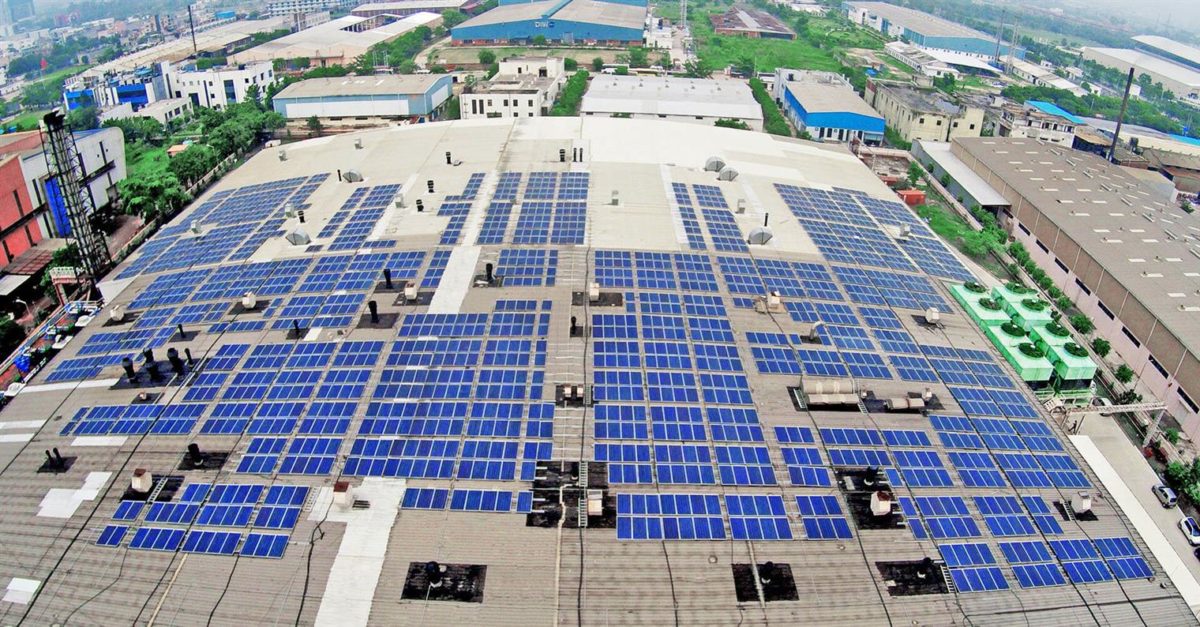Undeterred by speculation a combination of factors including a depreciating rupee and the imposition of safeguarding duty and GST could make low solar power tariffs unviable, Azure Power has announced another sub-Rs3 power supply contract.
The Delhi-headquartered developer, which agreed a Rs2.45/kWh tariff for a 100 MW slice of a 500 MW auction held in Gujarat in September, has gone marginally higher this time, to secure a 300 MW project deal which will supply PV power for Rs2.59/kWh under a 25-year power purchase agreement.
The tendering exercise was held by India’s largest utility, NTPC – formerly the National Thermal Power Corporation – and Azure Power announced its success yesterday.
Under the terms of the tendering exercise, the 300 MW project can be set up anywhere in India, and construction is expected to be completed in early 2021, according to Azure Power.
Will it make a profit?
Doubts have been voiced about whether the tariff negotiated by Azure Power in September will be viable. That reverse auction was being held for the second time after organizer Gujarat Urja Vikas Nigam Ltd cancelled the first attempt, because it decided the tariffs were too high. In the previous exercise, Azure had bid for 250 MW at Rs3.06/kWh.
The second attempt to run the auction was also notable for the absence of Acme Solar, which had negotiated a record low tariff for India of Rs2.44/kWh in Rajasthan in July.
In a statement announcing the new contract award, Azure founder, Chairman and CEO Inderpreet Wadhwa said: “Our long history of superior solar power operations with NTPC, from the inception of [the] National Solar Mission, has contributed to our success [in] winning this 300 MW project … We are delighted to make a contribution towards the realization of our Hon’ble Prime Minister’s commitment towards clean and green energy, through solar power generation.”
This content is protected by copyright and may not be reused. If you want to cooperate with us and would like to reuse some of our content, please contact: editors@pv-magazine.com.









By submitting this form you agree to pv magazine using your data for the purposes of publishing your comment.
Your personal data will only be disclosed or otherwise transmitted to third parties for the purposes of spam filtering or if this is necessary for technical maintenance of the website. Any other transfer to third parties will not take place unless this is justified on the basis of applicable data protection regulations or if pv magazine is legally obliged to do so.
You may revoke this consent at any time with effect for the future, in which case your personal data will be deleted immediately. Otherwise, your data will be deleted if pv magazine has processed your request or the purpose of data storage is fulfilled.
Further information on data privacy can be found in our Data Protection Policy.